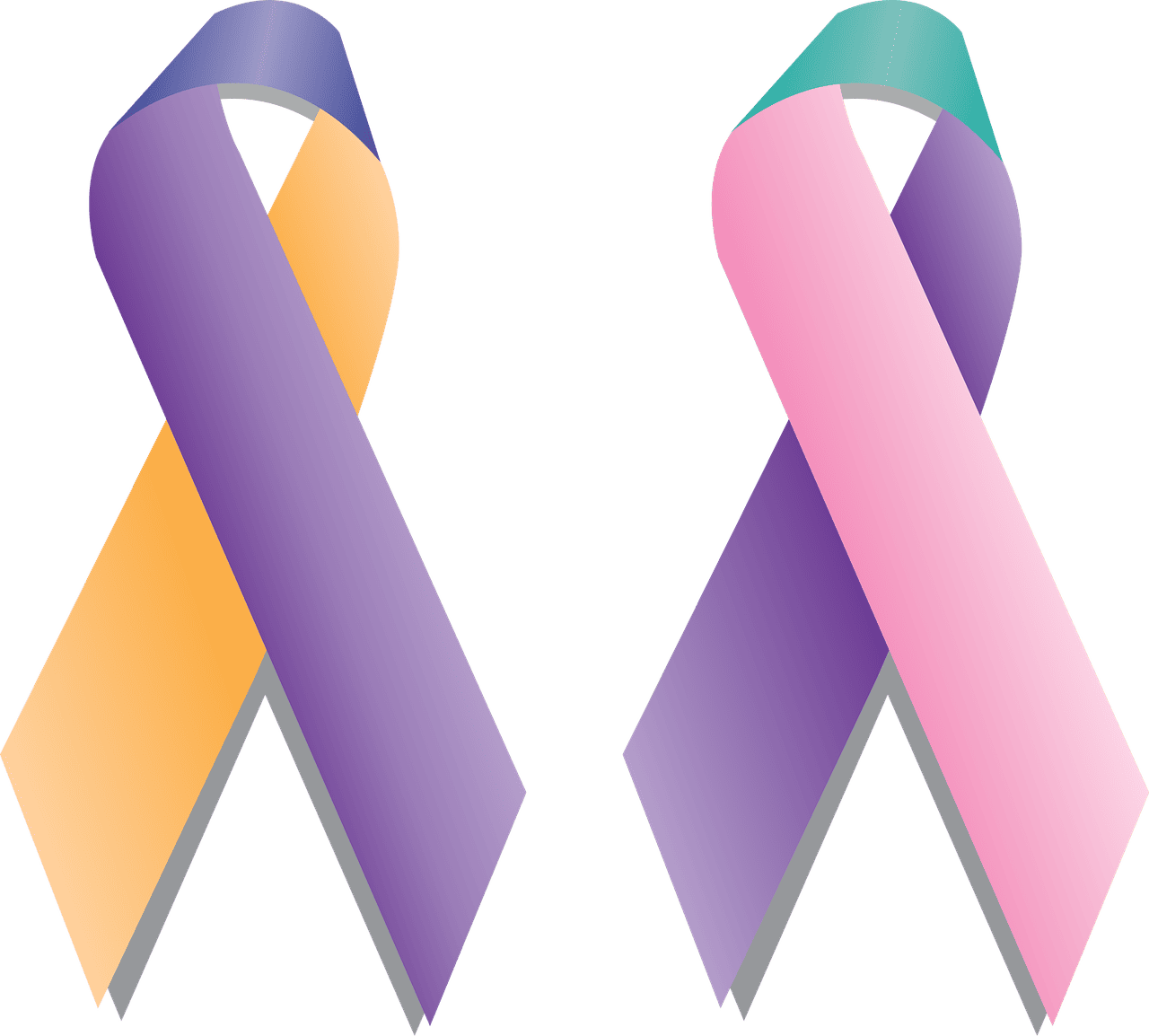
Protecting Our Elders: Understanding the Importance of Colon Cancer Screening
As medical advancements continue to improve our quality of life, one aspect of healthcare that often goes overlooked is preventive screening for diseases like colon cancer. Colon cancer, also known as colorectal cancer, is the third most common cancer diagnosed in both men and women in the United States. While it can affect individuals of any age, the risk increases significantly with age, making it a particular concern for our elderly population. Understanding the importance of colon cancer screening is crucial for protecting the health and well-being of our elders.
Colon cancer typically develops from precancerous polyps in the colon or rectum. These polyps may not cause symptoms initially, which is why regular screening is essential for early detection and treatment. As individuals age, the risk of developing these polyps increases, along with the risk of them becoming cancerous. Therefore, proactive measures such as screening become paramount, especially for those aged 50 and older.
One of the most effective screening methods for colon cancer is a colonoscopy. During this procedure, a gastroenterologist examines the lining of the colon and rectum using a flexible tube with a camera attached. If polyps are found, they can be removed immediately, reducing the risk of them developing into cancer. Colonoscopies are recommended every 10 years for individuals with average risk, but for those with a family history of colon cancer or other risk factors, more frequent screenings may be necessary.
In addition to colonoscopies, there are other screening options available, such as stool-based tests and virtual colonoscopies. While these alternatives may be more convenient or less invasive, they are not as comprehensive as traditional colonoscopies and may miss certain abnormalities. Therefore, it’s essential to consult with a healthcare professional to determine the most appropriate screening method based on individual risk factors and preferences.
Unfortunately, despite the proven effectiveness of colon cancer screening, many elderly individuals fail to undergo regular screenings. There are various reasons for this, including fear or discomfort associated with the procedure, lack of awareness about the importance of screening, and barriers to access healthcare services. Addressing these barriers requires a concerted effort from healthcare providers, policymakers, and community organizations to ensure that all elders have access to timely and affordable screening options.
Educating both patients and healthcare providers about the benefits of colon cancer screening is crucial in overcoming these barriers. By raising awareness about the importance of early detection and treatment, we can empower individuals to take control of their health and make informed decisions about screening. Additionally, healthcare providers play a vital role in recommending and facilitating screenings for their elderly patients, ensuring that no one falls through the cracks.
Furthermore, expanding access to colon cancer screening services is essential for reaching underserved communities and reducing disparities in healthcare outcomes. This may involve implementing outreach programs, offering screening services in non-traditional settings such as community centers or senior living facilities, and providing financial assistance for those who cannot afford screening costs. By making screening more accessible and convenient, we can improve early detection rates and ultimately save lives.
It’s also important to recognize that colon cancer screening is not a one-time event but a lifelong commitment to maintaining good health. As individuals age, their risk factors may change, and regular screenings may be necessary to ensure early detection of any abnormalities. By incorporating colon cancer screening into routine healthcare practices, we can help our elders live longer, healthier lives.
In conclusion, protecting the health of our elders requires a proactive approach to colon cancer screening. By understanding the importance of early detection and treatment, promoting awareness and education, addressing barriers to access, and expanding screening services, we can make significant strides in reducing the burden of colon cancer in our aging population. Together, we can ensure that our elders receive the care and support they need to enjoy a high quality of life for years to come.

